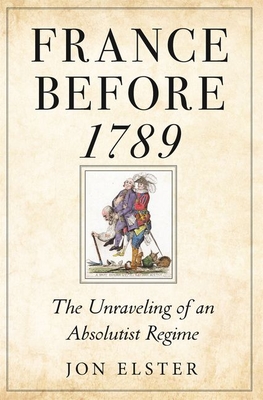Expedite your nonfiction book discovery process with Readara interviews, summaries and recommendations, Broaden your knowledge and gain insights from leading experts and scholars
In-depth, hour-long interviews with notable nonfiction authors, Gain new perspectives and ideas from the writer’s expertise and research, Valuable resource for readers and researchers
Optimize your book discovery process, Four-to eight-page summaries prepared by subject matter experts, Quickly review the book’s central messages and range of content
Books are handpicked covering a wide range of important categories and topics, Selected authors are subject experts, field professionals, or distinguished academics
Our editorial team includes books offering insights, unique views and researched-narratives in categories, Trade shows and book fairs, Book signings and in person author talks,Webinars and online events
Connect with editors and designers,Discover PR & marketing services providers, Source printers and related service providers

France Before 1789: The Unraveling of an Absolutist Regime
Philosophy > Political
- Princeton University Press
- Hardcover
- 9780691149813
- 9.29 X 6.06 X 1.1 inches
- 1.3 pounds
- Philosophy > Political
- (Single Author) Asian American
- English
Readara.com
Book Description
A masterful new account of old regime France by one of the world's most prominent political philosophers
France before 1789 traces the historical origins of France's National Constituent Assembly of 1789, providing a vivid portrait of the ancien r�gime and its complex social system in the decades before the French Revolution. Jon Elster writes in the spirit of Alexis de Tocqueville, who described this tumultuous era with an eye toward individual and group psychology and the functioning of institutions. Whereas Tocqueville saw the old regime as a breeding ground for revolution, Elster, more specifically, identifies the rural and urban conflicts that fueled the constitution-making process from 1789 to 1791. He presents a new approach to history writing, one that supplements the historian's craft with the tools and insights of modern social science. Elster draws on important French and Anglo-American scholarship as well as a treasure trove of historical evidence from the period, such as the Memoirs of Saint-Simon, the letters of Madame de S�vign�, the journals of the lawyer Barbier and the bookseller Hardy, the Remonstrances of Malesherbes, and La Bruy�re's maxims.
Masterfully written and unparalleled in scope, France before 1789 is the first volume of a trilogy that promises to transform our understanding of constitution making in the eighteenth century. Volume 2 will look at revolutionary America in the years leading up to the Constitutional Convention of 1787 while the third volume will examine all facets of the French and American assemblies, from how they elected their delegates and organized their proceedings to how they addressed issues of separation of powers and representation.
Author Bio
Before coming to Columbia University, he taught in Paris, Oslo and Chicago.
His publications include Ulysses and the Sirens (1979), Sour Grapes (1983), Making Sense of Marx (1985), The Cement of Society (1989), Solomonic Judgements (1989), Nuts and Bolts for the Social Sciences (1989), Local Justice (1992) and Political Psychology (1993).
His research interests include the theory of rational choice, the theory of distributive justice and the history of social thought (Marx and Tocqueville). He is currently working on a comparative study of constitution-making processes from the Federal Convention to the present and on a study of retroactive justice in countries that have recently emerged from authoritarian or totalitarian rule. Research interests include Theory of Rational Choice and the Theory of Distributive Justice.
Research Interest
Theory of Distributive Justice
Robert K. Merton Professor of the Social Sciences
Political Science
Ph.D., University of Paris (1972)
Source: Columbia University
Videos








Community reviews
No Community reviews

